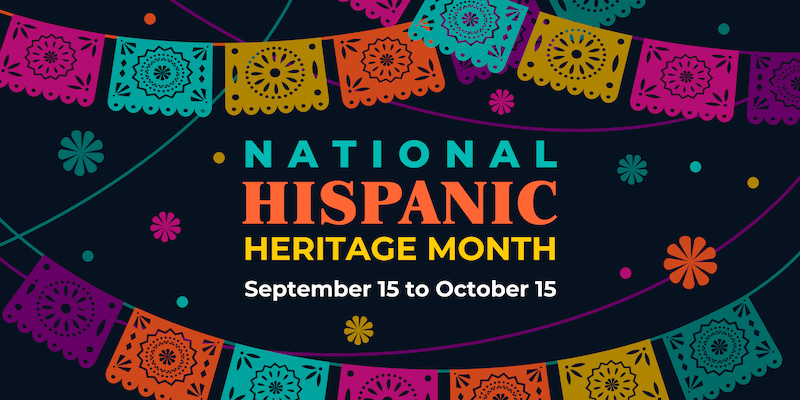
New Brunswick, N.J. September 15, 2022 – According to the American Cancer Society 2021-2023 Cancer Facts and Figures for Hispanic/Latino People, cancer is the leading cause of death among the Hispanic U.S. population. While you can’t change risk factors such as age or genetics, other prevention measures including healthy-eating and prioritizing cancer screenings may reduce your risk of developing cancer. Evelyn Fuertes, BA, NDTR, community outreach coordinator and member of the Cancer Health Equity Center of Excellence at Rutgers Cancer Institute of New Jersey, the state’s leading cancer center only National Cancer Institute (NCI)-designated Comprehensive Cancer Center, together with RWJBarnabas Health, works to educate communities and providers about cancer prevention. She shares evidence-based cancer information with this population and steps that can be taken now to prevent and reduce risk of disease.
The Impact of Cancer on Hispanics/Latinos
Hispanics and Latinos continue to experience cancer health disparities for certain types of cancer, usually due to financial and cultural barriers that make access to quality cancer care a challenge. Breast cancer is the leading cause of cancer death among Hispanic/Latino women, and lung cancer is the leading cause of cancer death among Hispanic/Latino men. This population also has higher rates of cancers that are associated with infection – such as liver, stomach, gallbladder and cervical cancers.
Professions Associated with Cancer Risk
According to the U.S. Department of Labor, the sectors with the highest concentration of Hispanic workers are farming, fishing and forestry. Following that are building and grounds cleaning; maintenance; and construction. Individuals who work outside are at increased risk for skin cancer due to excessive exposure to ultraviolet (UV) radiation, and pesticide exposure from working an agricultural occupation can increase risk of prostate cancer. There is also a risk of exposure to carcinogens, or cancer-causing compounds, at dry cleaners and factories, especially rubber manufacturers. Construction sites can expose workers to asbestos, and people working in beauty salons may also have a higher risk of chemical exposure.
Ways to Reduce Cancer Risk
- If working in construction, agriculture, or a job that requires you to be outside for most of the day, use sunscreen and limit exposure as much as possible by finding shade when possible. Sunglasses are also important to protect your eyes from harmful UV rays.
- Quit smoking. According to the NCI, tobacco can increase the risk for many kinds of cancer including lung, mouth, throat, cervical, blood, bladder, esophagus, stomach, pancreatic and kidney cancers.
- Eating a well-balanced diet, exercising on a regular basis and maintaining a healthy body weight have many health benefits. All three factors can reduce cancer risk and have been linked to better overall health and better cancer outcomes.
- Preventative screening tests can lead to early detection of cancers, some of which, if discovered early, can be successfully treated. Resources available through Rutgers Cancer Institute and ScreenNJ describe risk factors and other information that can be useful in speaking to a health care provider about a screening schedule.
- Nearly all cervical cancer cases are due to a viral infection known as HPV (human papillomavirus). HPV will first cause pre-cancer cells and if left untreated can cause cervical cancer. An effective vaccine is available to prevent cancers caused by HPV infections.
Rutgers Cancer Institute of New Jersey community outreach coordinator Evelyn Fuertes, BA, NDTR, discusses health disparities experienced by the Hispanic and Latino communities
and shares cancer prevention resources.
###
For journalists – contact:
Krista Didzbalis
Media Relations Assistant
732-507-8307
krista.didzbalis@rutgers.edu
For patient appointments/inquiries – contact:
844-CANCERNJ (844-226-2376)

